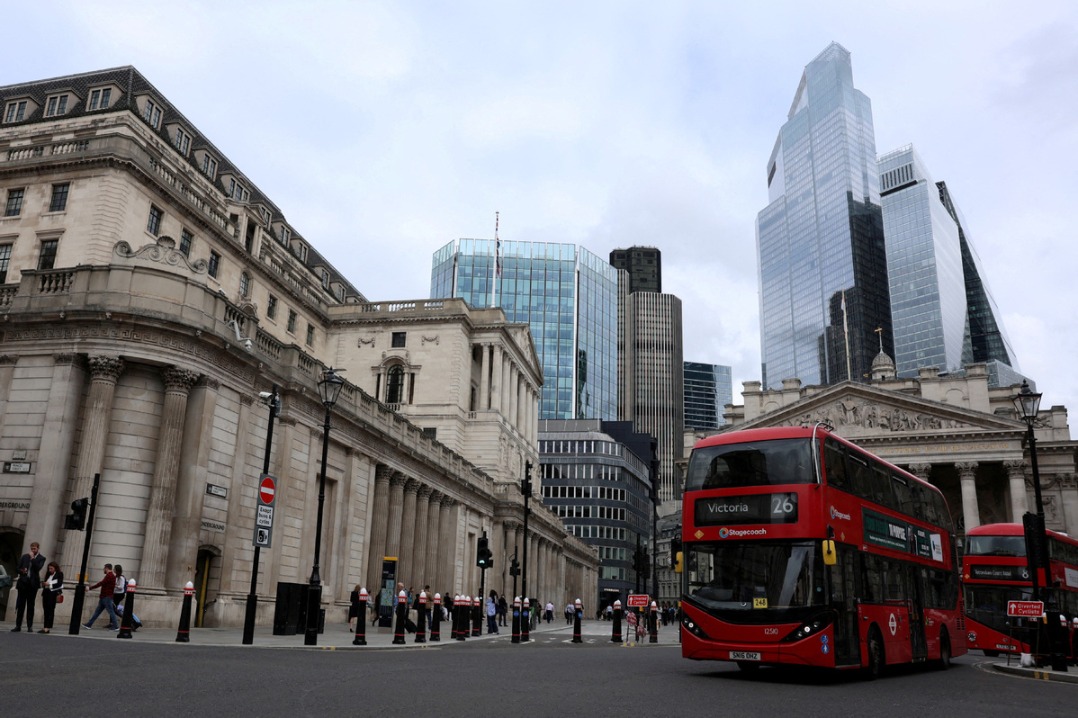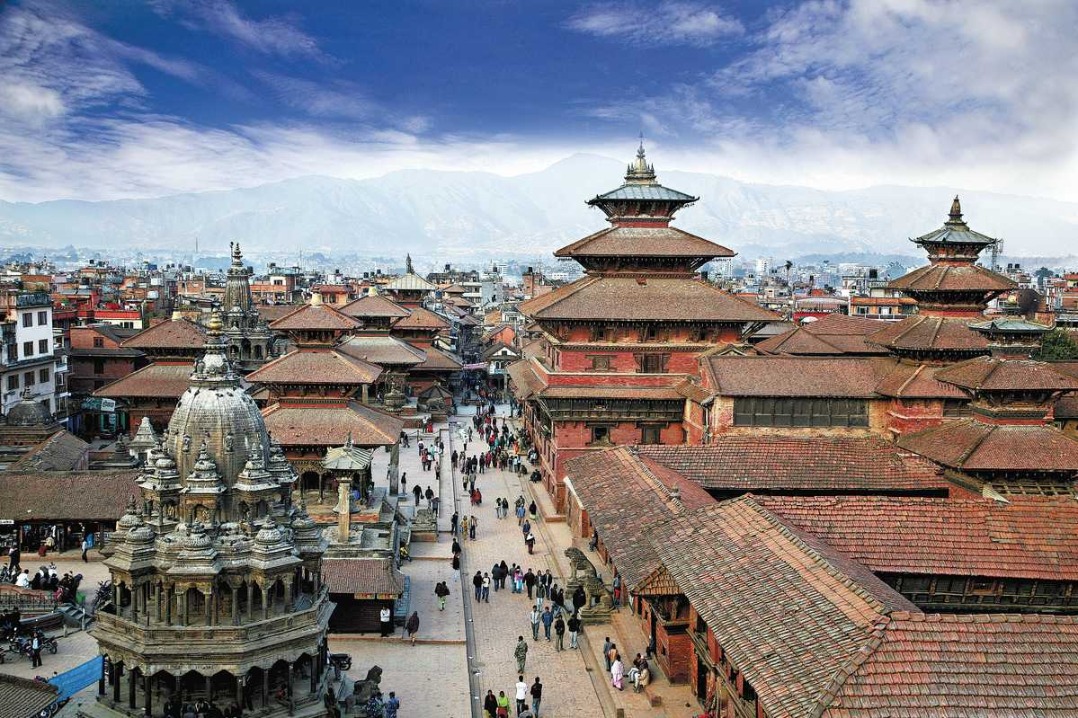Cyclone Chido may have killed 'hundreds' in Mayotte


Cyclone Chido has wreaked havoc across the island of Mayotte, leaving a trail of destruction with roofs ripped off houses and numerous buildings destroyed.
Authorities estimate that "hundreds" of people may have lost their lives in what officials are calling the most severe storm to strike the island in 90 years.
"I think there will certainly be several hundred, maybe we will reach a thousand, even several thousand," Prefect Francois-Xavier Bieuville told local media channel Mayotte La 1ere.
Chido struck with winds exceeding 200 kilometers per hour on Saturday, causing extensive damage across Mayotte, the nearby islands of Comoros and Madagascar, before moving on to Mozambique.
The cyclone's impact has been especially severe on Mayotte's poor populations, particularly undocumented migrants who sought asylum in the territory, as their makeshift housing provided little protection.
Recording an accurate death toll is further complicated by the Muslim tradition of burying the dead within 24 hours, according to the prefect.
Agence France-Presse reported that emergency response teams are struggling to reach the affected areas of Mayotte.
Mayotte lies off the southeastern coast of Africa between northwestern Madagascar and northeastern Mozambique.
French Interior Minister Bruno Retailleau was due to visit Mayotte on Monday as France mobilizes hundreds of emergency personnel and supplies, including additional soldiers and firefighters joining those already on the ground.
Aid efforts include medical supplies, rescue teams, and equipment from Reunion Island, with authorities working to establish an air and sea bridge to restore essential services like electricity and drinking water.
Tough task
Determining the full extent of casualties is complicated by the presence of an estimated 100,000 undocumented residents in Mayotte, according to France's Interior Ministry.
Many of these individuals have avoided seeking help, "fearing it would be a trap" to deport them from Mayotte, said Ousseni Balahachi, a former nurse quoted by AFP.
"Honestly, what we are experiencing is a tragedy, you feel like you are in the aftermath of a nuclear war… I saw an entire neighborhood disappear," Mohamed Ishmael, a resident of Mayotte's capital Mamoudzou told Reuters.
Another resident of the capital, John Balloz, said: "I was screaming because I could see the end coming for me. Everything is damaged, nearly everything, the water treatment plant, electric pylons, there is a lot to do.
"There's nothing much people can do, people are keeping still, they haven't moved, they are waiting for help, help for food, for the electricity to be back up, and for water also, there is no running water."
In a statement, French President Emmanuel Macron said: "My thoughts are with our compatriots in Mayotte, who have gone through the most horrific few hours, and who have, for some, lost everything, lost their lives."
































